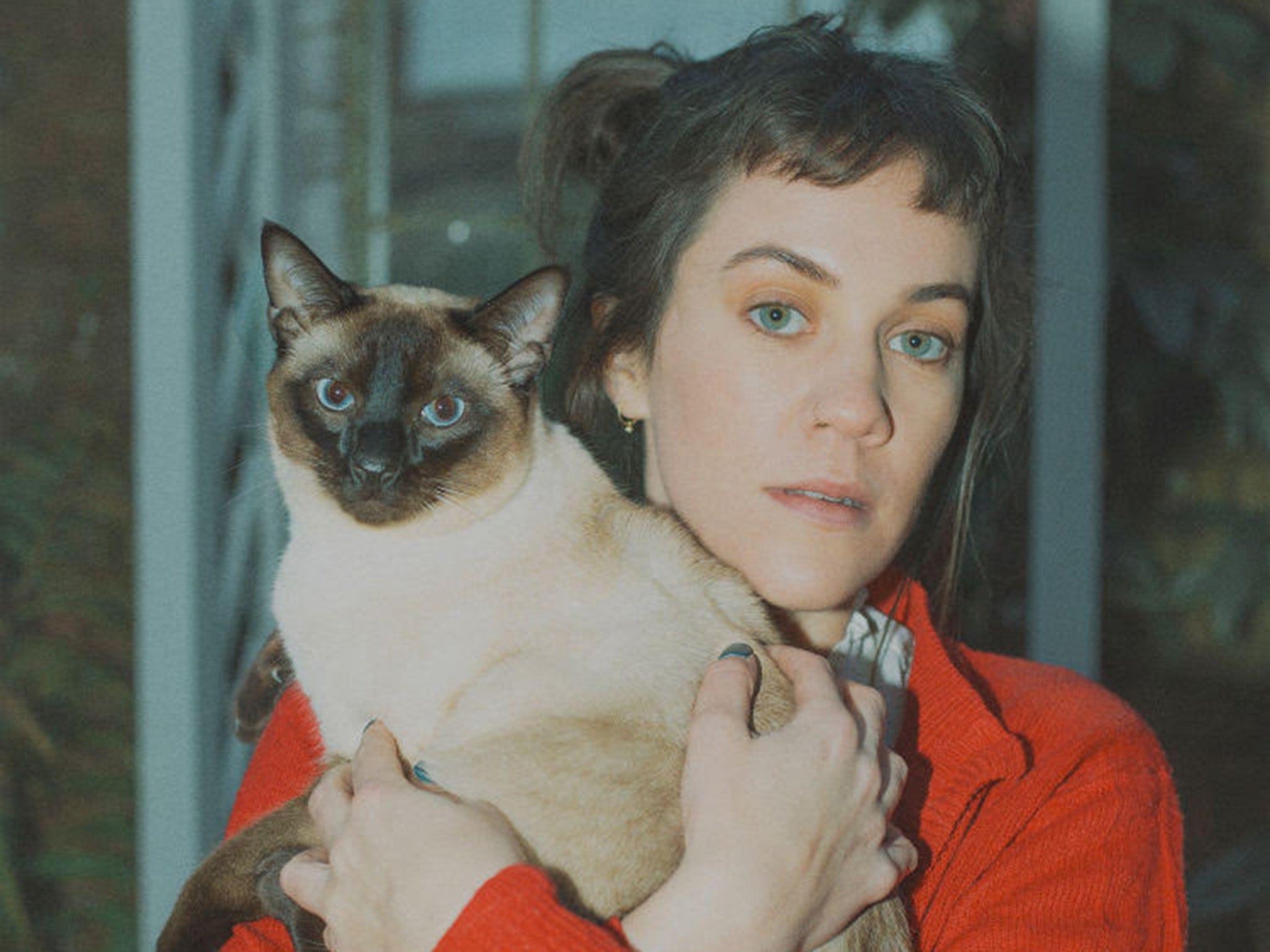Album reviews: Nao – And Then Life Was Beautiful, and Bess Atwell – Already, Always
On Nao’s third album, the clouds have cleared, while Bess Atwell has a lot to say on a spectacular follow-up

Your support helps us to tell the story
This election is still a dead heat, according to most polls. In a fight with such wafer-thin margins, we need reporters on the ground talking to the people Trump and Harris are courting. Your support allows us to keep sending journalists to the story.
The Independent is trusted by 27 million Americans from across the entire political spectrum every month. Unlike many other quality news outlets, we choose not to lock you out of our reporting and analysis with paywalls. But quality journalism must still be paid for.
Help us keep bring these critical stories to light. Your support makes all the difference.
Nao, And Then Life Was Beautiful
★★★★☆
In the past, Nao has been described in galactic terms. Her last album – the Mercury-nominated Saturn – was cosmic. It was cinematic. It shimmered and thrummed against electronic rhythms. But on her latest, And Then Life Was Beautiful, the former backing vocalist finds gold here on Earth instead. Inspired by the more organic sounds of Solange’s A Seat at the Table, this new record – flush with piano ripples and guitar solos – feels grounded. The result is a singer who sounds more intimate than ever.
Lyrically, the album vibrates with joy. She chooses self-preservation over an enticing but ultimately painful relationship (“Messy Love”) and celebrates a way out of psychological quicksand (“Burn Out”). Maybe this is to be expected. After all, it is the logical next scene in the singer’s existing narrative, which has chronicled the bedlam of mid-twenties sensibility (2016’s For All We Know) and the inevitable turbulence of crossing the thirties threshold (2018’s Saturn). On ATLWB, the clouds have cleared.
For a musician whose work hinges on feeling relaxed and loose, it is easy to forget the precision with which Nao picks every element. Collaborators are no exception – and the gospel-inflected duet with US musician serpentwithfeet on “Postcards” is an album highlight. As ever, across the 13 songs, Nao glides between R&B, soul, gospel, funk, Afrobeats, and her scholastic roots in jazz.
And yet somehow with all that going on, it’s still her vocals that take the cake. Nao possesses one of R&B’s most identifiable voices – part nervous flutter, part helium-inflected falsetto. Here, it is honeyed, sweetened by the wholesome material she sings about. On ATLWB’s break-up track – the enviably sincere “Glad That You’re Gone” – her voice glazes over Nineties-style guitar grooves. The song closes with a 30-second spoken-word interlude that offers listeners another angle from which to admire her voice. Elsewhere, Nao shrugs off the instrumentals even further. The palliative “Wait” is, for the most part, a two-hander between the singer and her piano. Her vocals – and the album itself – are dextrous, flexing between those high notes and lower registers at the most unexpected moments. AN

Bess Atwell, Already, Always
★★★★★
It’s usually the quiet ones who have the most to say. Bess Atwell's second album, Already, Always, is proof of that. One of the most unassuming yet remarkable young artists in the UK, she has made a record so intimate that by the closing song she seems like an old friend.
Her voice is quite unlike that of her peers. Perhaps the closest comparison is label-mate Lucy Rose, though Atwell’s vocals have a more crystalline quality – her delivery is swooning, romantic, even when exploring the seemingly mundane. But like Rose, she favours an Americana-style cadence that is free from over-the-top embellishments. On her early single “Co-Op”, she wanders through aisles of tenderly picked acoustic guitar and warm percussion, using a familiar setting to assess a difficult moment in a relationship: “I've learnt to apologise/ Learnt to trust somebody with my body/ I learnt there's a life outside mine/ Press the trigger, take this picture.”
She emulates Big Thief on “Love is Not Enough” through the assured, unhurried instrumentation; she’s fatalistic like Adrianne Lenker on “Time Comes in Roses”, a magnificent elegy for a mother-daughter relationship. Atwell’s voice is heavy with love and concern for a friend on “Dolly”, then, on the piano-led “Silver Fir”, she makes a mosaic out of childhood memory, framing it with an abstract, East Asian-influenced piano motif.
Already, Always frequently presents itself like a diary, where to-do lists and everyday anxieties sit comfortably next to her deepest and most beautifully expressed feelings. What a spectacular record. ROC



Join our commenting forum
Join thought-provoking conversations, follow other Independent readers and see their replies
Comments